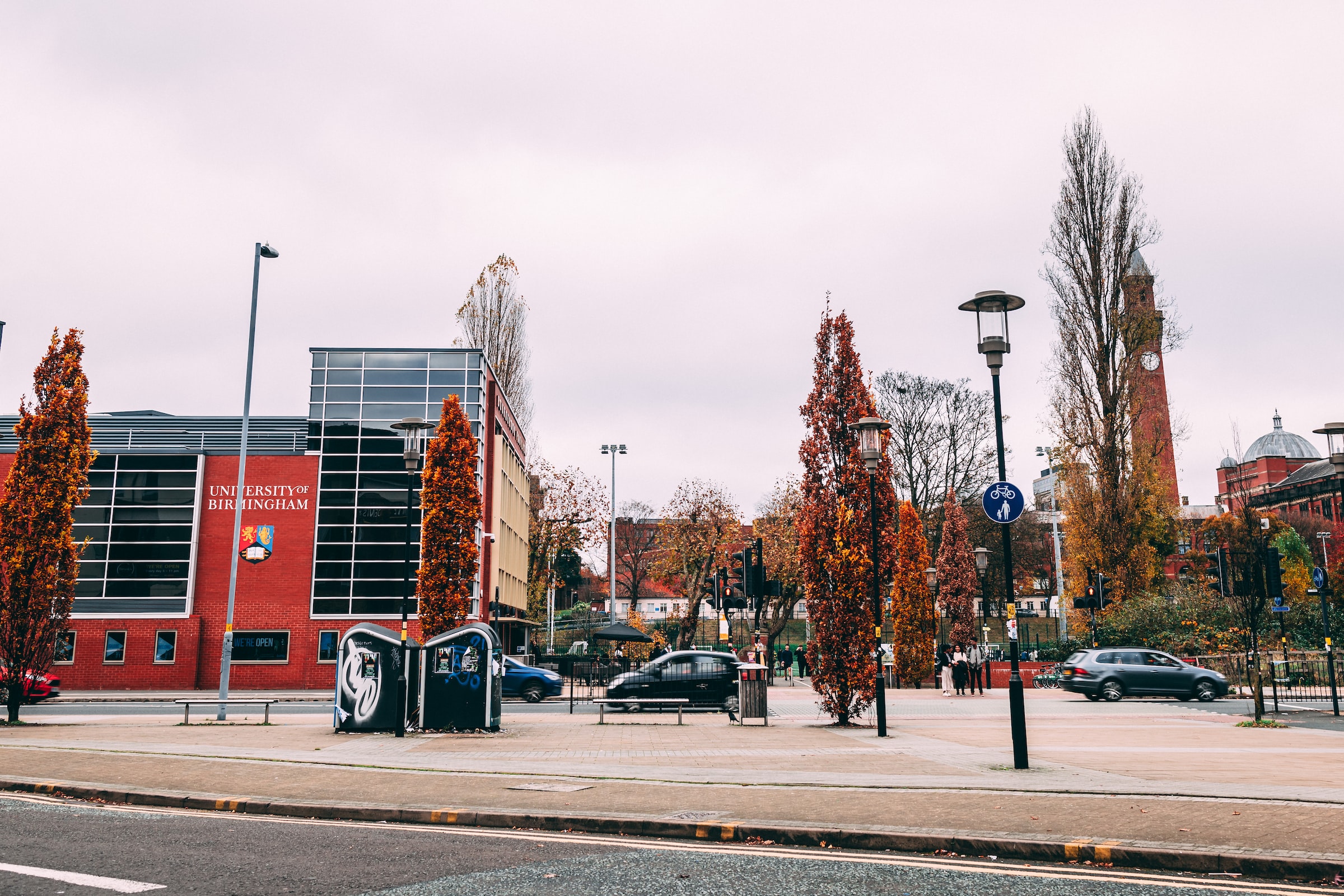
Sports Editor Kit Shepard reports on the recent summer elections held on the Guild website
Tuesday 26th May marked the beginning of the latest round of the Guild summer term elections, as University of Birmingham student groups pick their committee members for the 2020/21 academic year
Voting was open until 4:00pm on Friday 28th May, with students able to cast their votes on the Guild website.
In total, there were 394 positions available in what is the second set of committee elections. The huge figure can be explained by the coronavirus pandemic, which prevented committee elections from being held in-person and forced them to be moved online.
The voting system mirrors that of the Guild Officer elections, with Activities and Employability Officer Ryan Ginger stating in a Facebook post in April that this ‘will be the easiest way for groups to hold democratic elections online.’
Sarah McGuinness, 2nd year History student, who is running for three different positions, hopes the virtual elections could be a blessing in disguise. ‘This year, there is more competition for positions and more people are running,’ says McGuinness, who was elected social secretary for the History Society last year – in person.
“This year, there is more competition for positions and more people are running
‘Perhaps due to the fact it’s online people feel more comfortable campaigning and it’s a less daunting experience than reading out your manifesto in a room full of people you’ve never met.’
Nevertheless, McGuinness fears online elections will make finding the best candidate tougher. ‘The elections are missing the face to face element,’ she states.
‘I feel like without meeting the candidates in person, it’s hard to know who would be a good person for the role.’
The virtual system asks voters to rank candidates in order of preference. However, students are only eligible to participate in elections where they are a member of the corresponding college, school, or society.
One election where all students have a voice is the senate representatives. With three positions being contested (two for undergraduates and one for postgraduates), the role entails coordinating with the university academic body and ensuring student interests are being considered.
Patrick Uriot, 3rd year Economics student, who has been an undergraduate representative for the senate this year, stresses the importance of the role, stating that ‘what is discussed [at senate meetings] can have major implications on the way the University is run.’
Elected senators can shape parts of university policy, and the position has helped Uriot understand ‘the wider implications of the decisions made by the University,’ something he believes ‘students can’t appreciate from the outside.’
With the pandemic making the future uncertain, voting in the student elections is crucial, according to Uriot. He says: ‘Strong student representation is so vital to help both the Guild and the university hear the voices and perspectives from students.’
Meanwhile, Dan Heath, 2nd year Biological Sciences student and a candidate for BioSoc’s football captain, echoes Uriot’s sentiment regarding the value of students voting, saying: ‘I’ve seen what a difference the person running it [a student group] can make,’ he says. ‘I want to try and give others a good experience like I had.’
Like this article? Here are more stories from News:
Comments